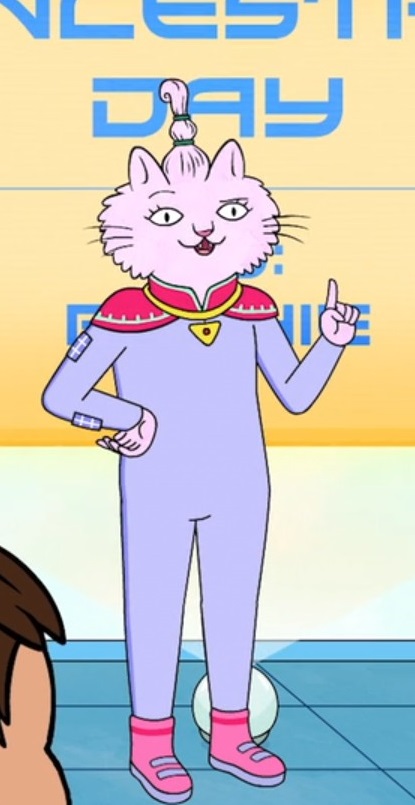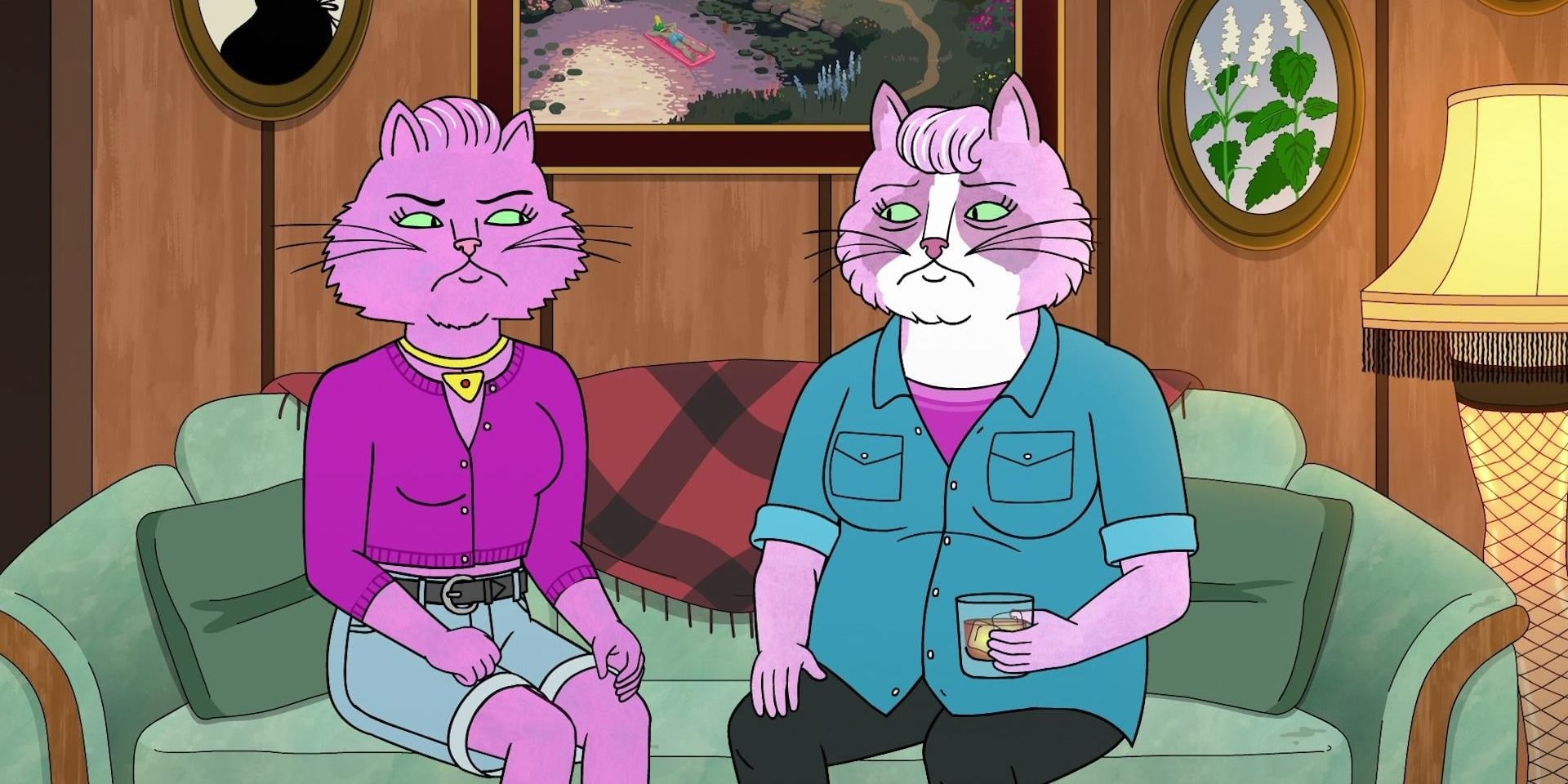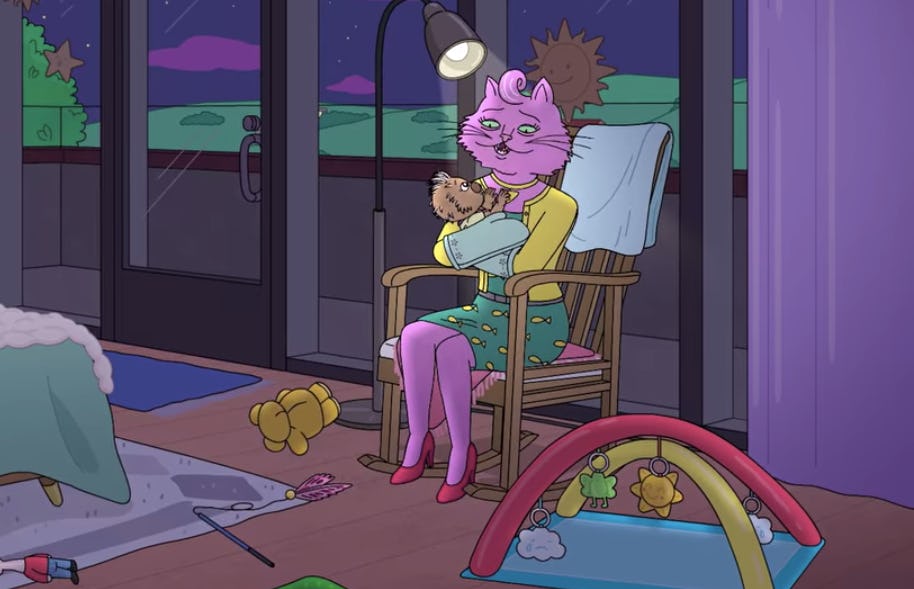222 Black Motherhood, The Desire For Family, and Black Heritage
Brooklyn Trombley
How can we compare and contrast the chapters we read of Uncle Tom’s Cabin with the novel Incidents in the Life of a Slave Girl? We can do so through by focusing on representations of black motherhood. What is it like to be a black mother in the era of widespread slavery and sexual violence against women? Why was it so important for a slave mother to be ever-vigilant of her children? What was is like to give birth and have no rights to protect your child from human trafficking and or abuse? Why, when a mother did attempt to keep her children safe, was she persecuted? Why was it so difficult for the father or husband to help his family? Why were countless women used to breed more slaves for their masters? And finally, why was it so important for the authors to tell these stories and encourage others action or awareness of these oppressive issues? I will address all these questions in my essay. Before I begin, it is important to note a few facts. Uncle Tom’s Cabin was written by a white woman and published in 1852, before the Civil War, and is about a black mother, among other fictional slaves. Published a decade earlier, Incidents in The Life of a Slave Girl (1861) is a non-fictional slave narrative written by a black woman who experienced the effects of slavery firsthand.
In Uncle Tom’s Cabin, Eliza has one son named Harry with her husband George. At the start of the story, we see that young Harry is subjected to racist remarks by his master and is even mocked by being called Jim Crow. This is racist because it references the Jim Crow laws of the south which prevented black people from having equal rights and freedoms. As the story progresses it is revealed that master Shelby is in debt with a slave trader/human trafficker named Haley. Mr. Shelby values his slaves and refuses to sell them at all. Despite that, Eliza fears that Haley will return and force the master to sell them, so she decided to make her escape. After Eliza makes her leave with Harry, the narrator, Stowe, has her plead to mother or parental readers and tries to make them understand her desperate motives: “If it were your Harry, mother, or your Willie, that were going to be torn from you by a brutal trader, tomorrow morning,- if you had seen the man, and heard that the papers were signed and delivered, and you only had from twelve o’clock till morning to make good your escape, – how fast could you walk? How many miles could you make in those brief hours, with the darling at your bosom?” (34). This is a mother begging for sympathy and understanding of herself and her persecuted child. While Eliza is seemingly favored for her light skin, she is ultimately oppressed as a woman whose body is owned by a man, and can be sold whenever he deems necessary. Eliza’s son is also subjected to this lifestyle, and as a mother, all she wants to do is protect her son and be allowed to raise her child without the fear of being separated by the slave trade.
Linda’s story is similar to the fictional one of Eliza, but only in the sense that they are fugitive slave mothers in the base definition. With a closer look, it is evident that these two women are very different. Eliza escapes violence, sexual assault, and heartache with her only struggle being the moments when she must escape. However, in contrast, Linda is subjected to verbal and sexually demeaning abuse at the hands of Dr. Flint. She also has to witness daily whippings and floggings. Linda has her first child as a way to get revenge on her master. Linda wanted control over her body as a woman and she also believed that maybe if she had a child then the baby’s father could help her achieve freedom. Eventually, the father does not set Linda free, and he cannot rightfully care for his children. Linda later has a daughter, Ellen, and her children are sadly viewed as additions to the wealth of Dr. Flint. Eventually, Linda procures a place to hide in a tiny crawl space between the roof and ceiling of her grandmother’s house.
For a while, her children are safe with their matriarchal grandmother but when they grow up, the Flint family wants them back and will seemingly do anything to find and capture Linda. The desperate mother moves her children to the so-called free states and begins her quest to free herself and her family from the unrelenting grasp of slavery. Ellen comes to lives with people who keep her safe, but she is still treated like a young maid and Linda has a keen eye for her daughter’s troubles: “I continued to visit Ellen as often as I could. She, good thoughtful child, never forgot my hazardous situation, but always kept a vigilant lookout for my safety. She never made any complaints about her own inconveniences and troubles; but a mother’s observing eye easily perceived that she was not happy” (145). Slavery changes Linda as a mother; I think it makes her a better and stronger mother despite so much necessary separation from her children. With the help of many kind female friends along the way, Linda and her children find themselves free, thanks to the brave and kind Mrs. Bruce. Many black mothers often feared losing their children through the slave trade, and like them, Linda desperately wanted to procure rights over her own children: “In the interval my thoughts were much occupied with Ellen. She was mine at birth, and she was also mine by southern law, since my grandmother held the bill of sale that made her so. I did not feel that she was safe unless I had her with me” (147). And at the end of this story, all become free.
My modern film/textual comparison or analysis stems from a theory about a character in the animated show Bojack Horseman. It may be animated, but it is a hyperrealist, psychologically deep, and thought-provoking masterpiece. The show’s main characters are anthropomorphic animal-human hybrids living in “Hollywoo,” California, a mockery of Hollywood in real life. The show deals with serious topics from depression, addiction, death, sexual identity, abuse, feminism, and more. In relation to this post about the struggles of black motherhood, we will be looking at a specific character, who to many viewers, may not at first be thought of as a black woman. This character is called Princess Carolyn; her character design is a cat, so you understand the name, most call PC for short. Despite being voiced by a white woman, PC has a lot of qualities and a history that many black women can relate to, but I did not realize this until I read an eye opening article just the other day. This article can be found on a feminist website called Bitch Media and was written by Mary Retta, it is called “The Case For A Black Princess Carolyn” or “What We Gain If Princess Carolyn of ‘Bojack Horseman’ Is Black”. Article.
It is arguable that race is a topic not often touched upon in this six-season series, and I think I agree. There are some credible examples but not really enough, which is understandable considered the show features animal-like characters. There is one black character, and he has only been featured a handful of times. An example of racial conversation in this show features one of the few human characters, a woman named Diane Nguyen. She is an aspiring writer, which I love. Anyway, her family heritage is Vietnamese, and Diane does try to connect to her roots but her family does not seem to care. In a conversation, she attempts to discuss being Vietnamese with her parents and brothers but they have adopted the Boston lifestyle, and her father even speaks with a thick Bostonian accent. This makes Diane feel alienated and out of place. She makes a trip to Vietnam, but without her family there learning with her, nothing feels right. Talk about a woman trying to find a space for herself. It seems we never really can, and Linda (Harriet), from Incidents understands that firsthand, after spending seven years in a crawlspace to escape slavery and find a space to be free.
In Retta’s article, she makes a very strong argument for PC representing a black woman. In flashback episodes about PC, the audience learns that she was born to a single, alcoholic mother in rural North Carolina and was raised in poverty with eleven other siblings in a small attic. We later learn that when PC is a teenager, she is impregnated by the son of her mother’s rich employers. Does that sound familiar, or similar to anything we’ve read? Rhetorical question: Incidents In the Life of a Slave Girl. These scenes portray classism but are also the first pieces of evidence for her blackness. When the rich family discovers her pregnancy, they arrange a marriage to legitimize the child and remove PC from poverty. But PC has the first of many miscarriages, and the marriage is called off, leaving PC heartbroken. Retta argues that PC’s unique experiences lend credence to the reading that she is a black woman:
“While miscarriages can be devastating for people of any race, they have particular implications for Black women, who are traditionally expected to be matriarchs, and who receive lesser healthcare regardless of wealth. In America today, Black women are up to four times as likely to experience a pregnancy-related death than white women, lack access to quality contraceptive care and counseling, and have lower access to abortion. Through Princess Carolyn’s story, BoJack Horseman is shining light on the maternal healthcare crisis that Black women are facing in this country. What’s more, for Princess Carolyn, who has wanted a child for years, the miscarriages feel like confirmation of her position as a failed mother. We see the character’s internalized guilt at her failure to live up to societal expectations of Black motherhood in several instances throughout the show. For much of the fourth season, PC, who has been declared infertile, is actively trying to adopt a baby but struggles to juggle her career, personal life, and quest for motherhood.”
In seasons five and six, we can see Princess Carolyn’s desperate attempt to become a mother. She eventually succeeds in adopting a baby girl who looks like a porcupine and for a moment, the audience thinks PC can finally have a family and be satisfied. But then we see her struggle; her mother wasn’t the greatest and she fears that she cannot be a good mother. Retta also explains why her intense desire to create her own family is evidence for her being a black woman.
“In many ways, Black women’s identities are intensely tied to their ability to bear children and raise families—in this way, Princess Carolyn’s struggle to start a family becomes much more nuanced. Through her longing for a child, Bojack Horseman highlights the ways that society paints Black women as lonely or empty if they have not started a family—and the ways that Black women can also internalize this societal expectation themselves.”
In season four, it is revealed through a very creative episode that PC imagines a visual manifestation of a future descendant/family member. By this I mean that PC found comfort in imagining she had a great-great-great granddaughter named “Ruthie”. She was comforted by Ruthie because if Ruthie could be real, it would be conformation that PC had a child and that her bloodline continued. Without Ruthie in her mind, giving her a sense of family, PC feels lonely and frustrated. Retta also explains this connection to her being a black woman/mother.
“She reveals to BoJack in the last scene of the episode that Ruthie is a character she invented because ‘it makes [her] feel better.’ Through the use of Ruthie as Princess Carolyn’s coping mechanism for her loneliness, the episode is highlighting the importance of ancestry and bloodlines in the Black community, especially given the history of Black mothers being displaced from their families during slavery.”


Another example in the show which highlights the importance of ancestry, bloodlines, and family heritage for black women, if we can agree PC is Black, is the story of her signature gold-and-red necklace. Princess Carolyn believed her whole adult life that a necklace given to her by her mother was a family heirloom that was passed down through generation. It is important to her even in her subconscious, as we see future Ruthie wearing it (see photo above). During a time when PC was low on money, she attempted to pawn the necklace at a local jeweler and upon evaluation, he told her it was worthless. She was shocked because she thought it was made of gold with a ruby gemstone, but she had been lied to. Why did her mother lie? Maybe she wanted PC to feel a sense of familial connection? Or perhaps she was just a cruel drunk? Either way, PC is upset but eventually decides to keep wearing the necklace, because it still connects her to her mother and her childhood. PC has often tried to leave her past behind, especially after being the first of her family to attend college, and move to the city. But she wears the necklace as a subtle reminder of where she came from and how far she has come.

PC perseveres over all obstacles, from poverty and an alcoholic mom, to juggling her acting agent career, lovers and miscarriages, and finding herself after everything. There is plenty of available evidence as to why PC can be viewed as a Black Woman, which is discussed above. PC might not have experienced slavery, but she did experience rural southern poverty and was almost subjected to forced marriage and child-rearing in her teen years. Doesn’t that sound similar to Linda in Incidents, or her grandmother, her mother, and countless other black women? In PC’s desperate attempt to be a good mother she still cannot even name her adopted daughter and keeps calling her “Untitled Princess Carolyn Project.” Eventually, while cradling her one night, PC decides to call her daughter Ruthie, after her comforting manifestation of a descendant from before. It is interesting because it seems motherhood was what she wanted all along but maybe she was just trying to be good at what society, and biology, said she couldn’t have. Maybe she wanted to provide for a daughter what her own mother never gave her: love and connection. And even though PC has to hold little porcupine Ruthie with oven mitts or gloves on, symbolizing her hesitancy and fear of motherhood, she is still trying to provide love and connect with her daughter and that makes her a good mother.

This last quote from the article is a good summary of what I’ve been trying to say this whole time. “Much of her story lines revolve around her attempts—and failures—to have a thriving career, a satisfying love life, and a family, all life events that are harder for Black women to achieve and maintain. Through the character’s background and story arc, BoJack Horseman makes a strong case for Princess Carolyn’s Blackness. The character’s core traits—such as her strong maternal instincts, strong work ethic, and intense perseverance—are qualities that many Black women are intimately familiar with. For Princess Carolyn, the case for her identity as a Black woman offers a more nuanced lens through which to make many of the struggles that she faces in the show—such as her infertility and tumultuous love life—more meaningful.”
